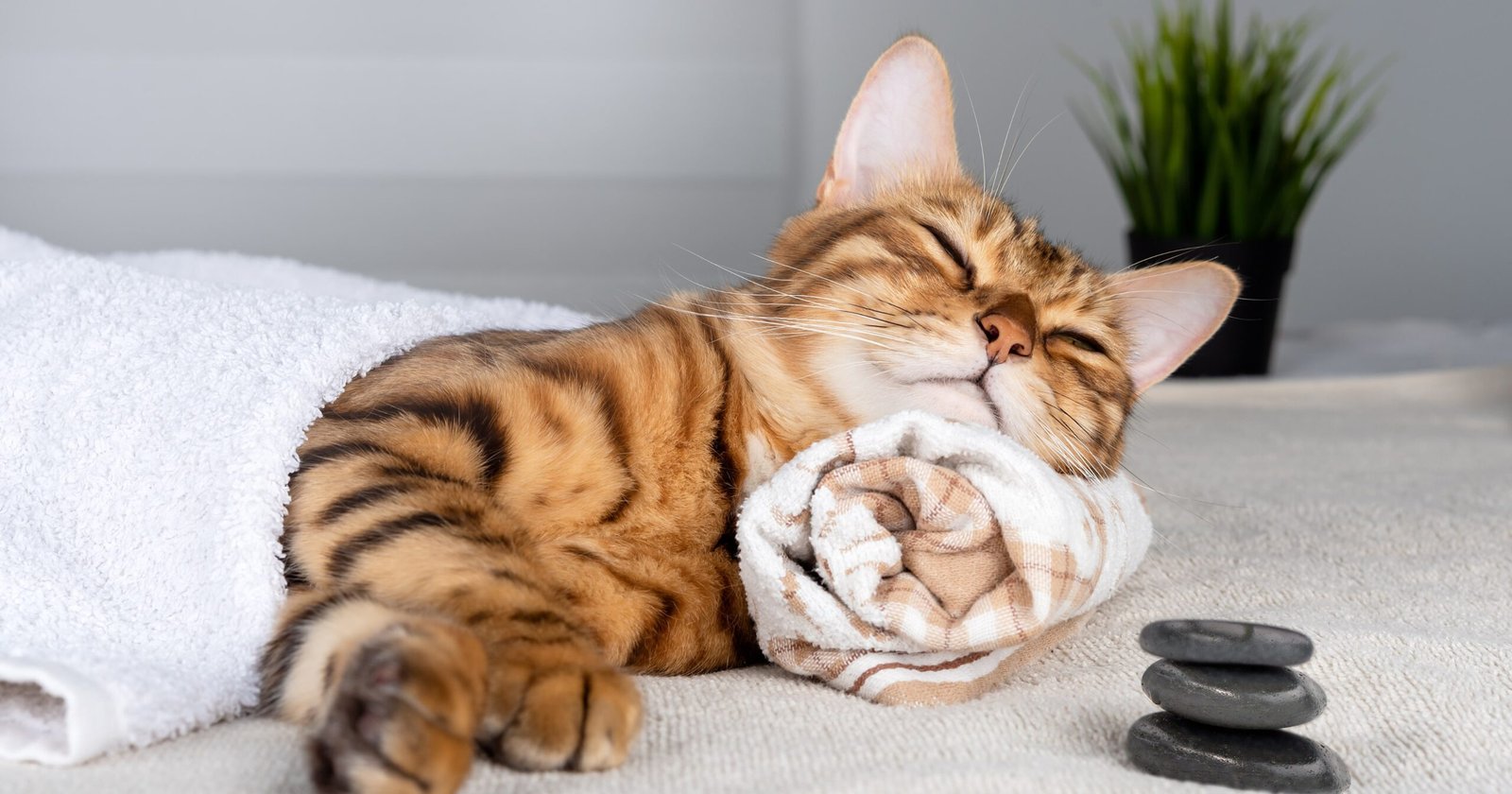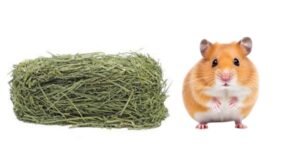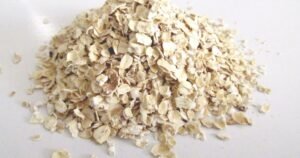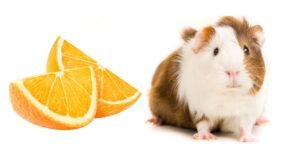How To Care For A Bengal Cat? Clip your cat’s nails every few weeks, and ensure the daily cleaning of your cat’s litter box. Given the active nature of Bengal cats and their affinity for jumping, it’s advisable to furnish a climbing tree and create opportunities for them to find a perch for room observation. Enhance their environment by offering interactive toys for engagement.
If you’re considering adding a furry, playful, naughty new companion to your home, then the Bengal Cat is worth considering. A hybrid breed of domestic cats with wild-looking markings and striking eyes, Bengals are known for their unique coat patterns, intelligence, and surprisingly dog-like personalities.
If you are the proud owner of a Bengal cat, then you know they can be an energetic and affectionate companion. But did you also know proper care is essential to ensure your pet stays healthy and happy? That’s right – just like all cats, Bengals need regular nutrition, health checkups, grooming sessions, and mental stimulation.
Easy Steps to Care for Your Bengal Cat
Bengal cats are unique and beautiful, known for their striking patterns and playful personality.
Caring for a Bengal cat might seem challenging, but with the proper guidance, it can be an enjoyable experience.
Here are some easy steps to ensure your Bengal cat leads a comfortable, happy, and healthy life.

1. Balanced Diet
Just like us, Bengal cats need a balanced diet for good health.
They should eat high-quality cat food with meat. But remember, each cat is unique.
Some Bengals might need special diets due to medical reasons.
Always give fresh water and avoid feeding them dog or human food, as it can harm their digestion.
It’s best to consult a vet to understand your Bengal’s dietary needs.
This way, your lovely pet will stay healthy and energetic.
It’s one of the simple keys to caring for your Bengal cat.
2. Regular Exercise
Bengal cats love being active. Regular play and exercise are essential for them.
Toys, climbing trees, or play sessions with you can keep them busy. This helps them stay fit and keeps their minds sharp.
Exercise also prevents them from getting bored, which can lead to destructive behavior. So, make sure your Bengal has fun things to do.
Remember, a tired Bengal is a happy Bengal! But remember, always watch them when they play to keep them safe.
By following these tips, you can help your Bengal cat live a long, happy, and healthy life
3. Routine Check-ups
How To Care For A Bengal Cat? Regular check-ups are crucial for a Bengal cat’s well-being. Just as we need doctors.
Regular doctor visits help identify any health issues early, enhancing the chances of effective treatment.
These check-ups include routine vaccinations and dental care to prevent severe health conditions.
Always watch for any changes in your Bengal’s behavior, which could indicate a health problem.
Regular doctor visits, good nutrition, and plenty of exercise are vital in keeping your Bengal cat happy and healthy.

4. Grooming
Bengal cats have a plush, short-haired coat that needs minimal grooming.
However, regular brushing can help keep their coat shiny and healthy, and it’s also a great way to bond with your cat.
Remember dental hygiene – regular teeth brushing and occasional professional dental cleanings are essential to prevent oral health issues.
5. Mental Stimulation
Bengals are intelligent cats that crave mental stimulation. Please provide them with puzzle toys, interactive feeders, or a cat-friendly tablet app.
Switch out their toys regularly to keep them interested and engaged.
6. Safe Space
Finally, create a safe, quiet space for your Bengal cat to retreat when they want to relax or feel overwhelmed.
This could be a specific room, a cat bed, or a hidden corner with a blanket. Make sure other pets or children know to respect this space.
Caring for a Bengal cat is about meeting their physical needs and understanding their unique personality and behavior.
If you follow these steps, you can ensure your Bengal cat will remain your affectionate and playful companion for years.
A Simple Guide to the Best Diet and Nutrition for Your Bengal Cat
How To Care For A Bengal Cat? Caring for a Bengal cat goes beyond providing a warm home, grooming, and regular doctor visits.
A crucial aspect of your cat’s well-being is its diet and nutrition. This guide provides an overview of the best diet and nutrition for your Bengal cat using easy-to-understand terms.
1. High-Quality Protein Sources
Bengal cats need good protein. It helps them grow strong and healthy. You should give them cat food made from real meat. Chicken, fish, and beef are all good choices.
Avoid food with lots of fillers like grain or corn. These don’t give your cat the nutrients they need. It’s also good to mix in some wet food. This helps keep your cat hydrated.
Always check with your doctor if you’re unsure what food is best for your Bengal. They can help you choose the proper diet for your furry friend.
2. Healthy Fats and Oils
Fats and oils are essential for your Bengal cat’s diet. These help keep their coat shiny and healthy and support their overall health. Fish oil can be a good choice, as it contains omega-3 fatty acids.
But remember, too much fat can make your cat overweight. So, always give them the right amount. Also, avoid giving them any artificial fats.
Always check the food label to make sure it contains natural fats. Your doctor can guide you with this. Remember, a healthy diet keeps your Bengal cat happy and active.
3. Hydration
Hydration is crucial for your Bengal’s overall health. Cats usually get the majority of their water from their diet.
Therefore, include wet food in their diet to ensure they stay hydrated. Always provide access to fresh water, regardless of the type of food they eat.

4. Limited Carbohydrates
Carbohydrates should be limited in your Bengal cat’s diet. Dry food often has more carbs, so keep that limited. Too many carbs can make your cat fat and cause health problems.
When you pick food for your Bengal, look for high protein and low carbs.
Your vet can help you choose the right food. Remember, a good diet keeps your cat healthy and happy.
5. Essential Vitamins and Minerals
The diet should contain vitamins and minerals for optimal health. Vitamins A, D, E, and K are essential for your cat’s immune system, vision, bone growth, and blood clotting.
Minerals like calcium and phosphorus are needed for bone development, while others like potassium, sodium, and chloride are required for nerve impulse transmission and fluid balance.
6. Avoiding Harmful Foods
Some foods can be harmful or even fatal to your cat. Avoid giving your Bengal cat foods like chocolate, caffeine, onions, garlic, alcohol, and certain artificial sweeteners (like xylitol), as these can lead to serious health problems.
7. Consulting a Vet
Always consult your vet for specific nutritional advice for your Bengal cat. They can provide personalized advice considering your cat’s age, weight, activity level, and health status.
Understanding your Bengal’s dietary needs and providing a balanced, nutritious diet can ensure your feline friend stays happy, healthy, and active for many years.
Remember, caring for their diet is a form of love, and your Bengal cat will surely appreciate it!
Understanding Bengal Cat Health Problems
How To Care For A Bengal Cat? Bengal cats are known for their playful, agile, and robust health.
However, like any breed, they are prone to specific health issues. Knowing about these can help you spot symptoms early and get timely treatment.
1. Genetic Disorders
Some health conditions are genetically inherited. Bengals, for example, can be susceptible to Progressive Retinal Atrophy (PRA).
This disease causes the retina to degrade over time, leading to blindness.
Another genetic condition is Polycystic Kidney Disease (PKD), a condition where cysts form in the kidneys that can lead to kidney failure.
Regular veterinary check-ups can help identify these conditions early.
2. Dental Diseases
Bengal cats, much like other breeds, can suffer from dental diseases.
Gingivitis and Periodontitis are two common conditions that can cause discomfort, bad breath, and, in severe cases, loss of teeth.
Regular teeth brushing and dental check-ups are vital preventive measures.
3. Heart Conditions
Hypertrophic Cardiomyopathy (HCM) is a common heart disease in cats, including Bengals. It causes the heart muscle to thicken, disrupting normal heart function.
Symptoms may be subtle but, in severe cases, can lead to difficulty breathing, loss of appetite, and lethargy.
4. Parasitic Infections
Bengal cats can get infested with parasites like fleas, ticks, mites, and worms.
These can cause symptoms, from itching and discomfort to more severe issues like anemia.
Regular grooming, good hygiene, and preventive treatments can help manage these parasites.
5. Digestive Problems
Digestive issues can be shared in Bengal cats. They can suffer from conditions like Inflammatory Bowel Disease (IBD) that may lead to symptoms like vomiting, diarrhea, and weight loss.
A balanced diet and regular vet checks can help keep these issues at bay.
6. Skin Disorders
Bengal cats sometimes suffer from skin disorders like Dermatitis, often caused by allergies or insect bites.
These conditions can cause discomfort, itching, and changes in the appearance of the skin or coat. Regular grooming can help spot any changes early.
7. Obesity
While not a disease in itself, obesity can lead to many health issues, including diabetes, heart disease, and joint problems.
Maintaining a healthy diet and ensuring your Bengal gets plenty of exercise can help prevent obesity.
8. Prevention and Care
While this list might seem daunting, remember that many of these conditions can be prevented with reasonable care, regular check-ups, and a healthy lifestyle.
Always consult with your vet if your Bengal shows any signs of discomfort or unusual behavior.
Taking care of your Bengal cat’s health might seem like a big responsibility, but their joy and companionship make it all worthwhile.
Knowing potential health problems, you can ensure your Bengal stays healthy and happy for many years.
About the Bengal Cat Breed
The Bengal cat breed is truly unique. They are known for their wild-looking spots, much like those of a leopard, that give them an exotic presence.
The Bengal breed came into existence through special breeding programs. They mix Asian leopards and domestic cats, giving them their distinct look.
But did you know that despite their wild appearance, Bengal cats are just as friendly and loving as any domestic cat breed? Bengal cats are known for their playful and active nature.
They have high energy levels, and they love to play and explore. They can often be seen running around the house, chasing toys, or even playing fetch, much like dogs!
This means they need an active family that can provide them with plenty of playtime and stimulation.
One significant trait of Bengal cats is their love for water, which is quite unlike most cats. They love to splash around in water bowls and might even join you for a shower!
You might have fun water play times if you have a Bengal cat. Bengal cats are also brilliant. They can quickly learn new tricks and commands, making them a joy to train.
They can even learn to open doors and turn on taps! While Bengal cats are generally healthy, they can be prone to specific genetic health issues, as mentioned before.
Regular vet checks are essential to keep them healthy.
Where to Adopt or Buy Bengal Cats
There are many places to adopt or buy Bengal cats. You can find them at local animal shelters or rescue groups. These places often have many cats needing loving homes, including Bengals.
Adopting from a shelter or rescue group is a beautiful thing to do. You give a home to a cat that needs it and allow another cat to be rescued. Another place to find Bengal cats is through a certified breeder.
Breeders often deeply understand the breed and can provide much information about the Bengal’s personality, health, and care needs.
They usually take good care of their cats, ensuring they are healthy and well-socialized before leaving their new homes. When choosing a breeder, it’s essential to ensure they are reputable.
They should have positive reviews, be registered, and be open to visits to their breeding facility.
You can also find Bengal cats for sale on the internet. There are many websites and online marketplaces where people sell cats.
However, it would be best to be careful when buying a cat online. Do your research and ask plenty of questions to ensure you deal with a trustworthy seller.
No matter where you choose to adopt or buy your Bengal cat, it’s important to remember that owning a pet is a big responsibility. It requires time, effort, and resources.
Always ensure you are ready to provide your new feline friend with a loving home before you decide to adopt or buy.
Conclusion
How To Care For A Bengal Cat? Caring for a Bengal cat can be a joyful journey with playfulness and companionship. These cats are active and intelligent. You’ll need to keep them busy with plenty of games and puzzles. Remember, they love water! So, don’t be surprised if they join you for a dip. Regular exercise is critical for their well-being as it keeps their weight in check and wards off obesity-related issues. Feeding your Bengal a balanced diet is crucial for their health. Make sure to include high-quality cat food that fulfills all their nutritional needs. Keep an eye on their eating habits and make changes if necessary. They need clean water daily, so ensure their water bowl is always filled. Grooming is another part of Bengal care. Brush their coat to keep it shiny and to spot any skin issues early. They might encounter health issues like dental troubles, heart conditions, or parasites. Regular doctor visits can help catch these problems early.
FAQs
Are Bengal cats hard to take care of?
Bengal cats are not particularly hard to care for but require special attention. They are active and playful and need plenty of exercise and mental stimulation. Bengals also enjoy water, which is unusual for cats, so be prepared for a few splashes! Regular grooming is essential, as is a healthy diet. You should also schedule regular vet check-ups to keep them in top health. With love, care, and patience, you’ll find caring for a Bengal cat rewarding and enjoyable.
What care do Bengal cats need?
Bengal cats need regular exercise and mental stimulation because they are playful and active. They enjoy water, so they may love to play with it. It’s crucial to feed them a healthy diet and groom them regularly. Regular visits to the doctor for check-ups will help keep them healthy. Loving them and understanding their needs is also essential. If you take good care of your Bengal cat, they will bring much joy and companionship to your life.
What Makes Bengal Cats Different?
Bengal cats are different because they are very active and intelligent. They love to play, so they need a family to play with them. Bengals also like water, which is different from most cats. They are clever and can learn tricks quickly. Regular doctor visits are essential to keep them healthy. They need good food and lots of clean water, too. Grooming them regularly helps keep their coat shiny. Owning a Bengal cat can be a lot of work, but it’s also a lot of fun.
Are Bengal cats good pets for families?
Bengal cats can be great family pets. They are playful, active, and intelligent, making them fun for kids and adults. These cats enjoy playing games to keep the whole family entertained. However, they need much care, including regular exercise, a healthy diet, and vet visits. Despite these needs, their unique personality and engaging activities make them an excellent addition to any family that can provide them with the necessary care and attention.
How much do Bengal cats cost?
The cost of Bengal cats varies. If you’re purchasing from a breeder, you can expect to pay anywhere from $500 to $3000. The price depends on the cat’s quality, age, and breeder’s reputation. Adopting from a rescue can be less costly, usually around $150 to $200. Remember, owning a cat also includes ongoing costs like food, vet care, and toys, which add to the overall expenses. Always consider these factors when thinking about getting a Bengal cat.
















